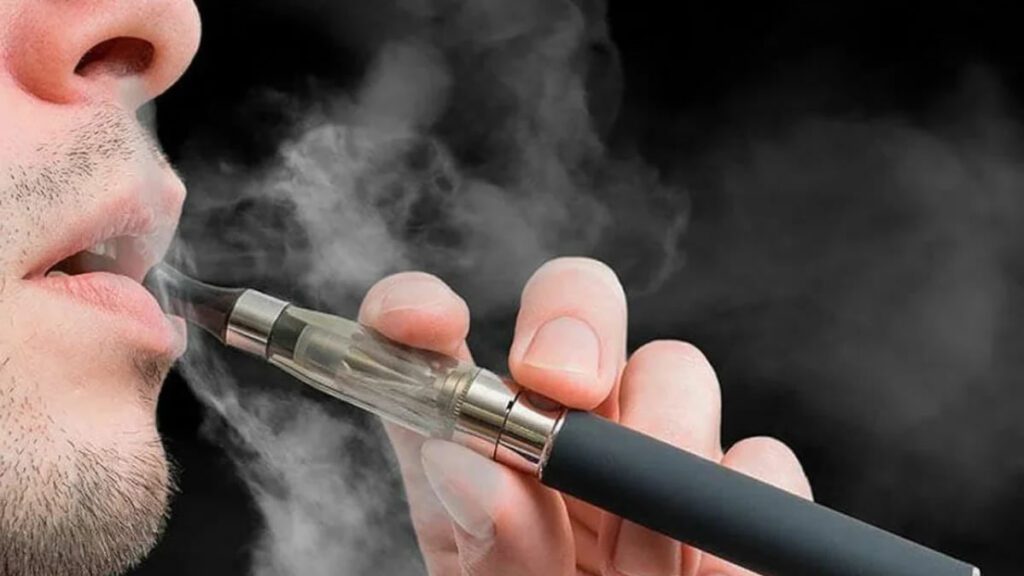Chile has implemented a significant new piece of legislation, Law No. 21.642, which establishes a comprehensive regulatory framework for electronic cigarettes (vapes), including both nicotine-containing (ENDS) and nicotine-free (ENNDS) devices and their liquids. Published in the Official Gazette on January 4th, 2024, with key provisions like public use bans taking effect around May 20th, 2025, the law aims to assimilate these products with traditional tobacco regulations to protect public health, especially minors.
A cornerstone of the new law is the prohibition of selling, distributing, or giving any vaping products, accessories, or e-liquids to individuals under 18 years of age. Sales are also banned within 100 meters of educational institutions. Further restrictions on commercialization include prohibitions on vending machine sales, sales inside or near certain premises, and offering direct or indirect compensation for purchases.
The law significantly curtails advertising and promotion, limiting it to physical formats inside points of sale, ensuring it's not visible from outside or near youth-oriented products. Labeling requirements are stringent: packaging must include warnings about potential addictiveness and health effects, list components, and provide usage instructions. It is forbidden to suggest that one vaping product is less harmful than others or has positive health or lifestyle effects. E-liquids cannot exceed a nicotine concentration of 46 mg/ml.
Public use of ENDS and ENNDS is now banned in the same places as traditional tobacco products, such as enclosed public spaces (restaurants, malls, cinemas), public transportation, and sports facilities, except in specially designated areas. Therapeutic ENNDS may be exempt if medically necessary and prescribed. Establishments must display warnings prohibiting vape use.
Manufacturers face new obligations, including annually notifying the Ministry of Health of all constituents and additives, which must comply with established limits and not be previously prohibited. The sanctioning regime for violations transitions from Local Police Courts to an administrative procedure under the Sanitary Code, though fines under Law No. 19.419 (ranging from approximately $73 to $73,000 USD) remain applicable for specific offenses. For example, individuals vaping in prohibited areas face fines starting at 2 UTM (approx. $137,296 CLP as of May 2025), while selling to minors can incur fines of 4 UTM. Businesses allowing prohibited vaping can also be fined.

Vape Content Creator | Flavor Reviewer | Lifestyle & Vape Culture Editor
Emily Carter is a vape-focused content creator specializing in flavor reviews, device aesthetics, and lifestyle-oriented vaping content. With hands-on experience testing disposable vapes and pod systems, Emily delivers clear, visually driven insights designed for adult consumers.








